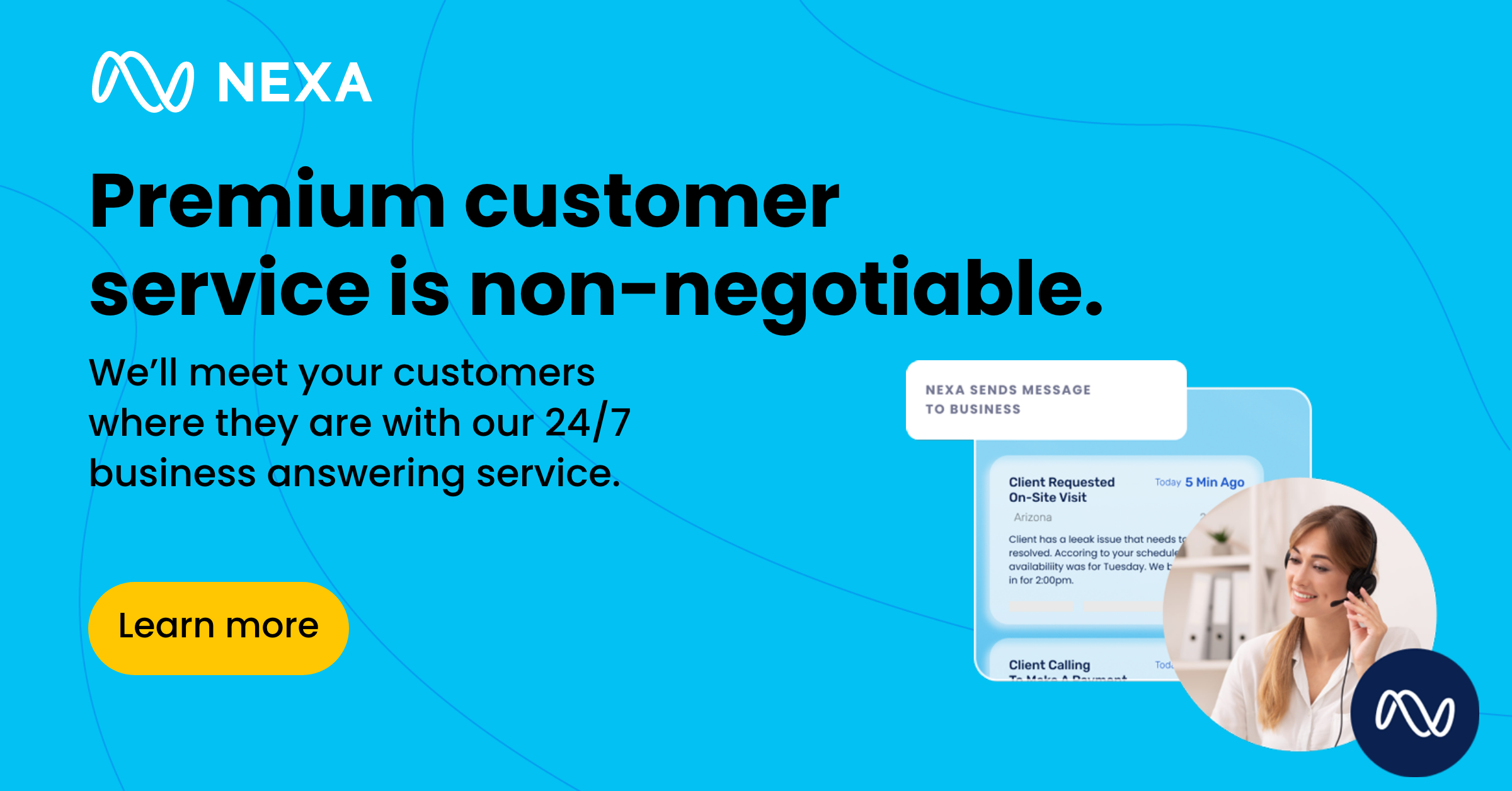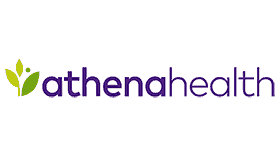The first point of contact for many new patients is the patient intake specialists. So, what does this job entail? Read on to learn more about it.

There’s no denying the importance of doctors and nurses, but patient intake specialists might just be the unsung heroes of the healthcare industry.
As the first point of contact for many new patients, patient intake specialists are logistics and scheduling experts. They make sure everything from the initial paperwork to the final check-up runs smoother than a stethoscope.
What does the job entail? Let’s take a closer look at this all-important position.
Roles and Responsibilities
Patient intake specialists perform several essential healthcare functions. We’ve broken down a few of the most important below.
#1 They Gather Necessary Information
Seeing a medical professional requires paperwork—a lot of paperwork. This is especially true if you’re visiting a healthcare clinic for the first time.
But to complete the necessary paperwork, you’ll need to provide essential information, such as:
- Name, address, and other identifying information
- Medical history and personal history
- Insurance information
- Emergency contacts
Whether you’re scheduling appointments over the phone, email, a scheduling app, or in person, you’ll most likely be providing this information to a patient intake specialist.
#2 They Process Paperwork
After collecting the necessary information, a patient intake specialist then processes said paperwork. This can mean filing your information in the right digital or analog system, manually entering data, and creating accounts or invoices. This is important given the volume of patients your healthcare facility likely sees. The last thing you (or the healthcare facility) need is a case of mistaken identity.
In addition to processing your paperwork correctly, a patient intake specialist keeps your information confidential, which is imperative from both a legal compliance and a patient trust perspective.
#3 They Provide Support and Patient Engagement
Imagine this all-too-common scenario: you’ve been battling a pesky cold for a week and your head is foggier than a London afternoon in December. You decide to call your healthcare clinic to schedule an appointment.
Given your current state of mind, you probably don’t have the mental energy to deal with difficult receptionists or unhelpful administrators.
This is where a good patient intake specialist really shines. Not only will a patient intake specialist provide support, but they’ll also:
- Direct you to the right doctor
- Answer any questions you may have
- Schedule your visit
What’s more, some of the best patient intake specialists provide 24/7 support and bilingual answering services to engage patients in two languages, at all hours of the day.
Position Qualifications
The education and skills needed to become a patient intake specialist vary depending on the type of healthcare facility and location.
That said, most patient intake specialist positions require the following:
- Education – While some patient intake jobs require a high school diploma, many others require at least an Associate’s degree, and some positions even require a Bachelor’s. That’s because a patient intake specialist’s job involves mathematics, written and oral communication, and ethics and compliance.
- Licenses – Not all positions require medical licenses, but some patient intake positions do—especially if the specialist also performs certain medical or related services.
- Skills – Good patient intake specialists also have great communication skills. What’s more, patient intake specialists have good computer skills, and many are multilingual. The ability to thrive in a sometimes chaotic work environment is also a preferred skill.
Considering the education requirements and necessary skills, qualified patient intake specialists can sometimes be hard to come by. As a result, many healthcare facilities are outsourcing their client and intake specialist services.
Advantages of Outsourcing Patient Intake Needs
Hiring an in-house patient intake specialist is the right move for some health care operations. That said, hiring, training, and supervising patient intake specialists can be a drain on resources. If you work at a smaller facility, you may not have the resources needed to train your staff. If you operate a large facility, the patient volume may be overwhelming.
On both ends of the spectrum, the answer is outsourcing.
Working with a dedicated team of patient intake specialists from a medical answering service comes with many advantages. These include:
- Saving time – Hiring and training patient intake specialists takes time. By outsourcing your intake needs, you’re hiring a team of trained experts who are already up-to-speed on the position requirements and industry protocol.
- Saving money – Hiring and training patient intake specialists also costs money. Outsourcing, in general, is often cheaper than hiring a full-time employee, because you’re paying for a certain number of minutes rather than paying a complete monthly salary.
- Raising the quality of customer service – There are many things an outsourced patient intake center can do that a regular specialist can’t. For example, an intake center can provide excellent customer service and omnichannel support 24/7/365. They’re also able to integrate new patients into your system quickly and efficiently.
Perfect Patient Intake with Nexa
A good patient intake specialist can make a world of difference for both you and your patients. Not only do they gather information, but they also provide patient support and help streamline your schedule and operations.
With Nexa‘s https://www.nexa.com/services/intake/, you can onboard the perfect fit without all the overhead associated with hiring a full-time employee.
Nexa maximizes every healthcare opportunity by offering:
- 24/7/365 virtual receptionists
- Omnichannel support
- Appointment scheduling
- Bilingual services
- Real-time analytics
Patient intake is too important to leave to chance. Take your patient intake to the next level with Nexa.
Sources
- Indeed.com. What Is an Intake Specialist? (And How To Become One). https://www.indeed.com/career-advice/finding-a-job/intake-specialist
- Learn.org. How Can I Become an Intake Coordinator? https://learn.org/articles/How_Can_I_Become_an_Intake_Coordinator.html








































































